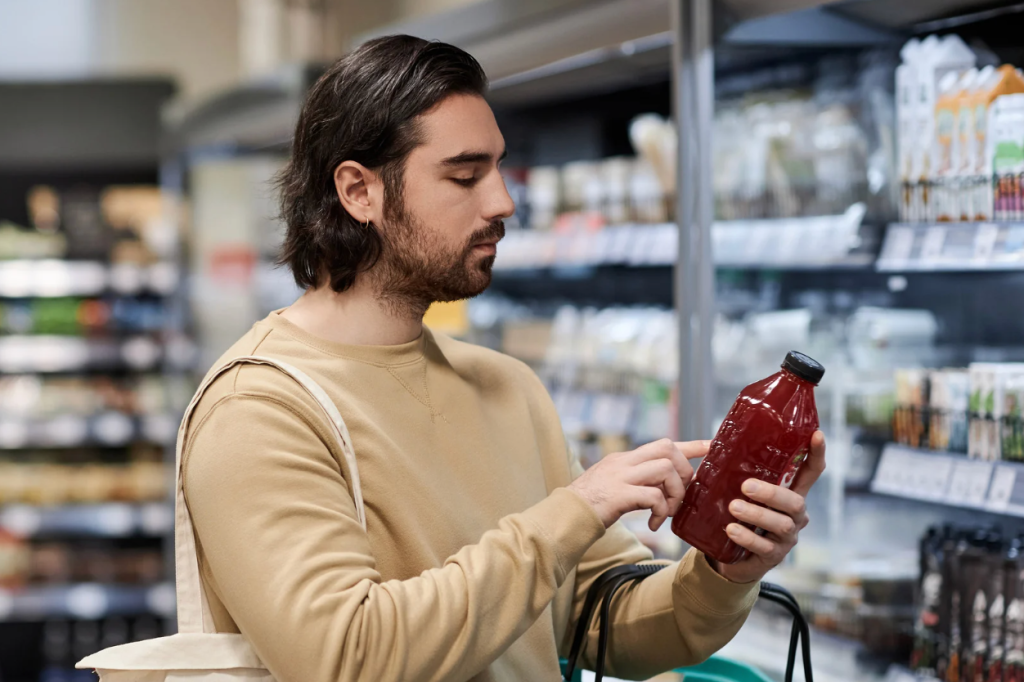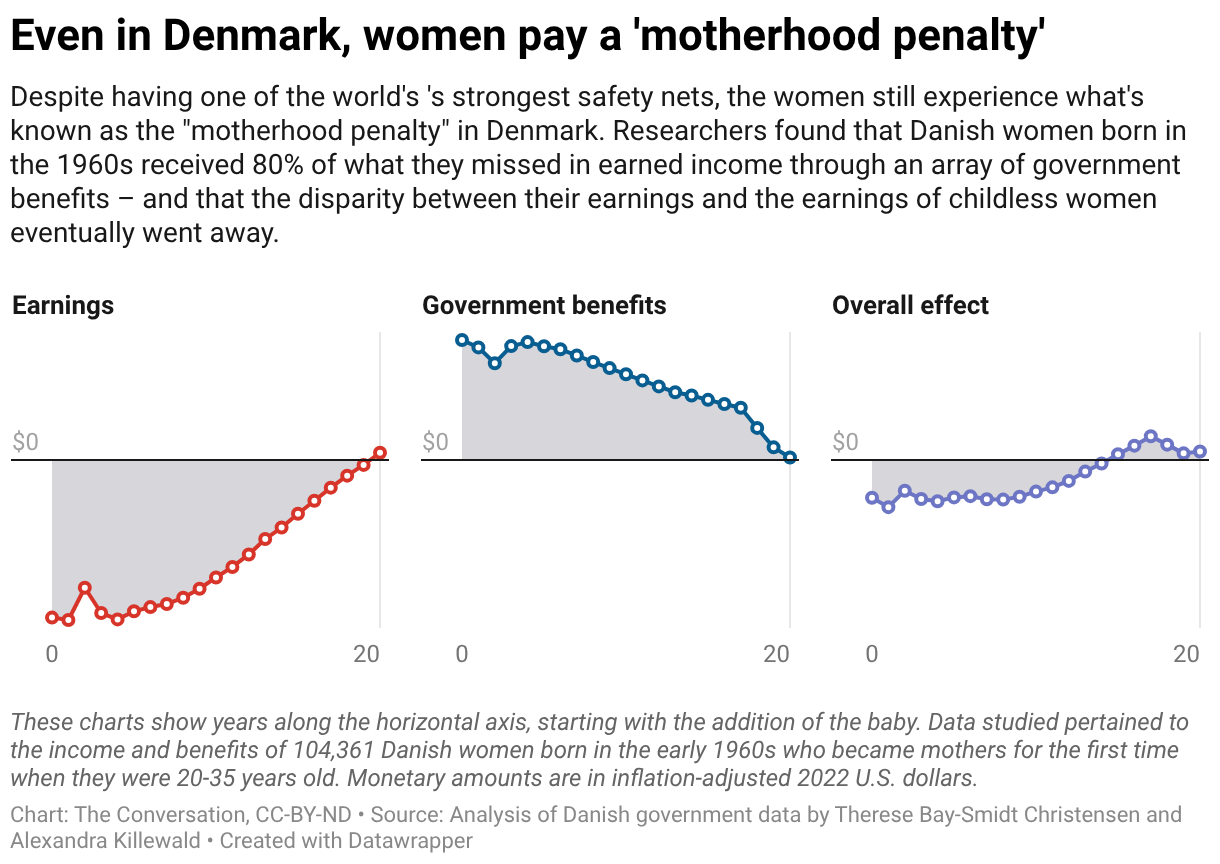Many people are looking for the best products at the best price. That’s been a reality since the invention of commerce. And ever since money was created as a means to exchange for goods and services, advertising has crept in and bombarded us with phrases, buzzwords, and terms in order to coax us into buying their products over their competitors’ offerings. Some words are more effective than others, but there are some terms marketers use that have been proven effective in increasing their sales that don’t mean what you may think that they do. In fact, they mean nothing.
We at GOOD talked to marketing experts, read what folks were posting online, and chatted around the office to discuss the buzzwords and terms you see all the time in advertising that turn out to mean absolutely nothing. Maybe you know them, but some may surprise you.
1. “Handcrafted”
“The word ‘handcrafted’ creates an image of artistry and makes a product seem more expensive. It invokes a mental image of an artisan pouring their skill and dedication into crafting a product,” Brian Lim, CEO of men’s apparel brand INTO THE AM tells GOOD. “Nonetheless, this classification lacks clarity and regulation.”
“Unlike ‘organic’ or ‘made in [country],’ there are no standards from the FTC or other similar regulatory bodies defining ‘handcrafted,’” Lim explained. “This gives way to machine-made factory products to be labeled as ‘handcrafted’ just because a minor last step (e.g., putting a button on or packaging the item) is done manually.”
2. “All-Natural”
This term is used by marketers as a shorthand for “healthy” but the Food and Drug Administration has no true definition of what “natural” or “all-natural” means. The only standard is if an ingredient can be found outside of a laboratory, it can technically be natural. Many chemicals and chemical reactions are also found in nature, but that doesn’t mean they’re good for you.
3. “Made with Real Fruit”
Chandler Lyles, co-founder of High Beam Marketing, shared with GOOD why “made with real fruit” should be “made with some fruit.” He even mentioned a lawsuit about it!
“‘Made with real fruit’ implies a team of artisans hand squeezing juice to make the healthy foods. The problem is that it isn’t a regulated term,” explained Lyles. “You can put a single drop of juice concentrate into a gallon of sugar water and still put the phrase on the label. General Mills’ Fruit Roll-Ups settled a lawsuit on the matter back in 2012.”
4. “Up to _____% of [Promise]”
“Kills up to 99% of all bacteria,” “Our diapers are up to 100% leak-proof,” “Save up to 75% during our sales event.” It means nothing. How? Well, it leaves wiggle-room to not just fall short of the listed percentage but to not be effective or beneficial at all. After all, 0% is under the maximum expectation of 100%. This means that both “This bug repellant is up to 100% effective” is just as true as “This human is up to 100% giraffe-born”
5. “___% More Free!”
“I once had a roommate right after college who was absolutely obsessed with the idea that any marketing that claimed something was ‘free’ was always lying and that it was only free if the language said, ‘at no additional cost,’” said Eric Pfeiffer, editor-in-chief at GOOD. “I’ve never been able to unsee that one.”
It’s true that some ethically questionable companies might advertise something like a cereal being “33% more for free!” compared to their previously sized box, but in reality it’s being sold at a higher price than their previous box size to offset the cost while still convincing you that it’s a value.
6. “Maximum Strength”
Usually used to promote medication, “maximum strength” just means it might have more of the active ingredient. Even if you did have more of the active ingredient, it doesn’t mean that it would make the medicine or other product more effective in what it’s supposed to do.
7. “Clinically Proven”
The phrase “clinically proven” has many questions. Which clinic? Was it one clinic or several of them? If it was a single clinic, was it an independent third-party clinic or one funded by the manufacturer? When it was tested, was it tested once or millions of times? Point being is that this is clinically proven to not mean a darn thing.
8. “Nothing Does _____ Better!”
“’Nothing does X better’ makes you think this product is best,” said Greg Sullivan, author at GOOD. “Nope, just tied with all the others.”
9. “Military Grade”
Ask yourself, what does “military grade” mean? To most people, it means that it’s good enough for our armed forces and is durable, but in reality it doesn’t mean anything at all. The Department of Defense does have standards for equipment, but civilian use of “military grade” can apply to a single component of a product or none at all. There is no governing body or enforcement of the term outside of the military usage either way.
10. “Doctor Recommended”
‘“Doctor recommended’ means that a brand surveyed doctors until one said yes or was paid to endorse the opinion,” explained Chandler Lyles. “The phrase implies that every doctor on the planet recommends it.”
11. “Premium”
What makes a product “premium”? Well, it’s mostly subjective and thus it means next to nothing (if not purely nothing). A good tip when you read an ad for a product is to ask, “What does this word mean?” If you cannot define it on its own, be skeptical.
It’s good to talk with your friends, neighbors, and others to see if a product you want can live up to the hype it gives itself. By doing this subtle research, you can also see what’s out there to get you what you need without spending more than necessary. In the end, its good to see these types of claims as “warning labels” rather than allowing them to entice you to buy.

















